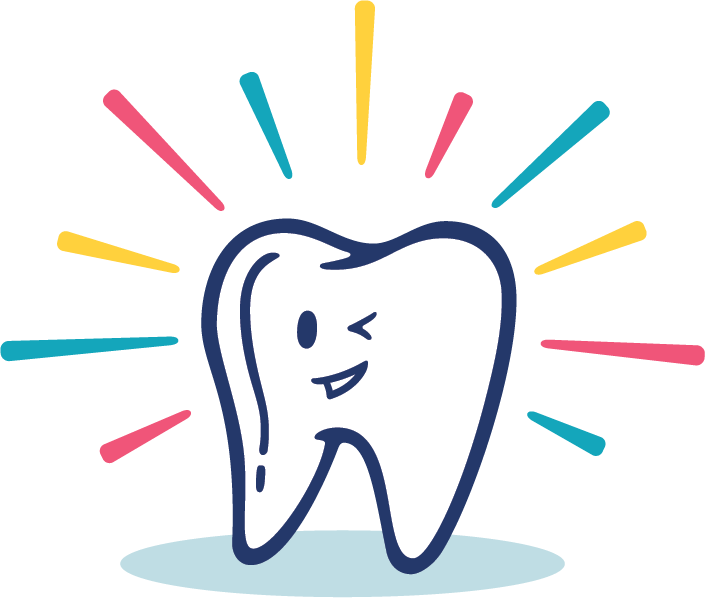When is maintenance needed on dental implants?
Dental implants are a wonderful, permanent solution to missing teeth. Unlike dentures or bridges, dental implants are surgically adhered to your jawbone, making them much more stable and long-lasting. Good dental implants offer function nearly indistinguishable from natural, healthy teeth. Dental implants are low-maintenance, but like any tooth or tooth replacement, they may require maintenance from time to time.
Implant Maintenance vs. Natural Tooth Maintenance
Dental implants require the same general maintenance as natural teeth, with a few small changes. They are naturally more prone to bacteria, and more easily damaged by plaque buildup, so hygiene is of particular importance with implants. Low-abrasive toothpaste is recommended to avoid scratching any exposed implant surfaces, like threads. That means toothpaste with stannous fluoride, sodium fluoride, baking soda or stain removers are not recommended. Just as with natural teeth, soft toothbrushes are best, and teeth should be brushed twice a day. Floss is highly recommended, with wax-free or implant-specific floss being the best choice. Implants should be flossed criss cross in front, with the floss wrapped around the back of the implant and moved in a shoe-shine pattern down the surface. Antimicrobial rinses can be beneficial to keep bacteria at bay. In general, maintenance of implants isn’t really all that different than that of natural teeth, and developing consistent hygiene habits is the best way to care for your teeth.
Recommended Instruments & Tools
Dental implants, though easy to maintain, do sometimes require more specialized tools to do so. Water flossers can be immensely beneficial in keeping implants healthy and clean. It’s important to use non-metal tipped flossers (soft rubber is best), and if any inflammation is present a diluted non-alcohol antimicrobial rinse can be used. Additionally, rubber-tipped stimulators can be used to promote healthy tissue growth around the implant. Your oral health care provider can teach you how to use a stimulator at home, as their use varies based on type of implant and individualized needs.
Frequency of Implant Maintenance
For people who already have good dental hygiene habits, maintaining a dental implant likely won’t add much to your routine. Dental implants are more prone to bone loss, and more easily scratched (which leaves more opportunities for bacteria to settle in). Therefore, twice daily brushing and flossing is critical, and using soft-tipped tools (never metal!) is essential. Additionally, implants should be x-rayed once each year to ensure problems or bone loss are detected early.
Conclusion
Dental implants offer the permanent tooth loss solution most people are looking for, and with proper care and maintenance they can last decades. The good news is that maintenance really isn’t that difficult. If you’re considering a dental implant, be sure to speak with your dental clinician about your options. If you already have one, be sure to alert your hygienist so he or she can use the proper tools during your visits.
